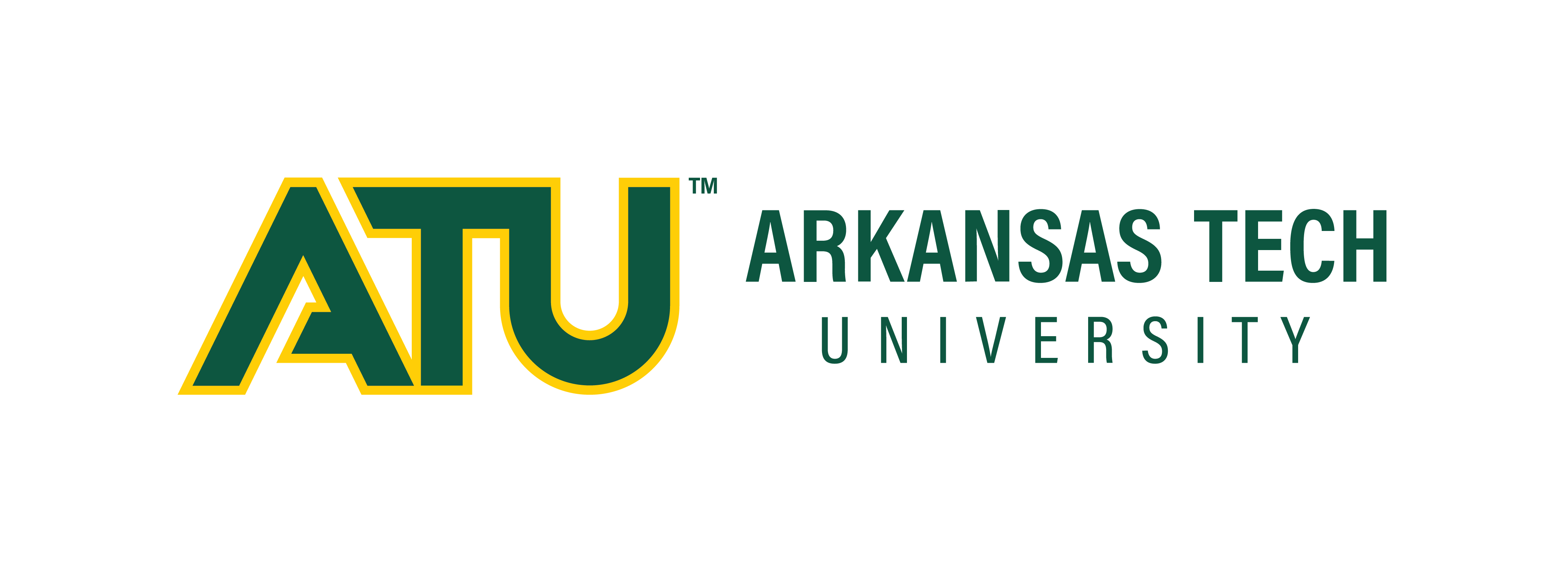Program Type
Honors
Faculty Advisor
Dr. Heather Stefanski
Document Type
Poster
Loading...
Location
Online
Start Date
18-4-2024 8:30 AM
Abstract
This research was focused on the topic of the impact of various learning theories on student engagement in the context of a low-income middle school. The question that this research aimed to answer was "Within the context of a low socioeconomic region, does the implementation of cognitive learning theory, behaviorism, or humanism enhance student engagement and sense of belonging in a middle school classroom?" This study was broken up into four separate lessons implemented in a 7th grade math class. Each lesson was characterized by the learning theory implemented. The first lesson served as a control lesson (no theories implemented) this was also our pre-test. The post-test consisted of our three learning theories: cognitive learning theory (CLT), behaviorism, and humanism. The remaining three lessons each focused on one of the learning theories mentioned. Through the implementation of three different learning theories, we see that the lesson implementing behaviorism was most enjoyed by the students, and the students also claimed to have learned the most from this lesson as well. However, the lesson that received the highest average grade on the formative assessment came from the lesson that implemented humanism. While students may not have had the most fun during this lesson, they were able to absorb and apply the information taught in this lesson. While there may not be a clear answer on which theory increases student engagement and sense of belonging in the classroom, it is clear that engagement is found through a balance of student enjoyment and academic success. The results also indicate that class enjoyment does not always equate to academic success.
Recommended Citation
Smith, JoDee R., "Student Engagement and Learning Theories in a Low-income Middle School Classroom" (2024). ATU Research Symposium. 3.
https://orc.library.atu.edu/atu_rs/2024/2024/3
Student Engagement and Learning Theories in a Low-income Middle School Classroom
Online
This research was focused on the topic of the impact of various learning theories on student engagement in the context of a low-income middle school. The question that this research aimed to answer was "Within the context of a low socioeconomic region, does the implementation of cognitive learning theory, behaviorism, or humanism enhance student engagement and sense of belonging in a middle school classroom?" This study was broken up into four separate lessons implemented in a 7th grade math class. Each lesson was characterized by the learning theory implemented. The first lesson served as a control lesson (no theories implemented) this was also our pre-test. The post-test consisted of our three learning theories: cognitive learning theory (CLT), behaviorism, and humanism. The remaining three lessons each focused on one of the learning theories mentioned. Through the implementation of three different learning theories, we see that the lesson implementing behaviorism was most enjoyed by the students, and the students also claimed to have learned the most from this lesson as well. However, the lesson that received the highest average grade on the formative assessment came from the lesson that implemented humanism. While students may not have had the most fun during this lesson, they were able to absorb and apply the information taught in this lesson. While there may not be a clear answer on which theory increases student engagement and sense of belonging in the classroom, it is clear that engagement is found through a balance of student enjoyment and academic success. The results also indicate that class enjoyment does not always equate to academic success.


